
Piano, finally
Piano Finally is a podcast by an old bloke who is learning the piano, finally. I cover the process of learning the piano and music theory as an adult learner. I also review piano books, hardware and other materials from an adult learner's perspective.
Piano, finally
Episode 30 - Not the destination
Use Left/Right to seek, Home/End to jump to start or end. Hold shift to jump forward or backward.
This episode of Piano, Finally, titled "Not the Destination", marks the 30th instalment of the podcast by David Reidy, an enthusiast documenting his piano learning journey. The episode opens with David’s warm welcome to new and returning listeners, followed by a brief mention of the ongoing National Chopin Piano Competition in Miami. He shares his impressions of the preliminary rounds, noting the high level of performance by the competitors and recommending the live streams for viewers interested in classical piano. The commentary on the event’s coverage, hosted by Ben Laude from the Chopin Podcast, offers an inside look at the competition, with David particularly enjoying an interview with competitor Anthony Ratinov.
David transitions into discussing The Rest is History, a history podcast hosted by Tom Holland and Dominic Sandbrook. He highlights two recent episodes focusing on Mozart and Beethoven, which were recorded live at the Royal Albert Hall. These episodes, enriched by the accompaniment of The Academy of St Martin in the Fields, explore the composers' evolving roles in society—from Bach’s status as a servant to Beethoven’s insistence on being treated as an equal. David commends the audio quality and musical selections, which feature iconic works, including Beethoven’s 9th Symphony.
The core of the episode centres on David’s plans for his second year of learning piano. Acknowledging that life rarely adheres to plans, he nonetheless outlines key objectives. A significant milestone is his preparation to perform Adele’s Someone Like You with a school group at the Battle of the Bands in June. He emphasises the need for consistent group rehearsals amid the challenge of coordinating with Year 12 students. David also looks forward to continuing lessons with his teacher, Devi, with a focus on tackling advanced pieces in the ANZCA repertoire and improving his pop music chord work. He aims to complete the AMEB Level 3 theory exam and prepare a performance piece for Devi’s student recital.
Beyond structured lessons, David expresses his enthusiasm for Stephen Sondheim’s musicals and hopes to learn piano arrangements of some of Sondheim’s pieces. He also mentions a personal goal of replacing the recurring Crab Canonsegment in his podcast with a recording of himself playing it. Additionally, he plans to delve into music composition using a course by Guy Michelmore, aiming to enhance his understanding of orchestration, even though he does not aspire to become a composer.
David then provides an overview of his piano setup, which includes the Kawai NV10 hybrid grand piano paired with Pianoteq software. He praises the realistic feel of the NV10’s acoustic grand mechanism and Pianoteq’s range of instrument simulations, including Steinways and Bösendorfers. He complements his setup with a Mac Mini M4 Pro for audio processing, a Rodecaster Pro II for sound ma
You can contact me:
- via email at david@pianofinally.show; this is probably the best option
- the show website, www.pianofinally.show
- Instagram and Threads @pianofinally
- and on YouTube
- all the podcast directories - list
- here's the RSS feed
Some of the links to books and other items mentioned in the podcast may affiliate links for Amazon or other providers. If you use one of these links, a commission may be paid to me at no additional cost to you. Thank you if you use a link.
All reviews of products, websites and services are unpaid, and no sponsorship has been received for any content on this podcast.



Speaker 1 (00:00):
Good day everyone. I'm David Reidy. Welcome to Piano. Finally, a podcast by an old bloke who's getting around to learning the piano. Finally, welcome to show 30. Thank you for taking the time to listen. If this is the first time you're hearing the podcast, I hope you enjoy what's here and if you're a returning listener, thanks very much for coming back. Either way, let me know if you are learning the piano or another musical instrument and how you're going with it. You can contact me at David at piano. Finally do show. Also. Welcome to 2025. This is the first episode of the New Year. In the last episode, I look back at what had happened in the first year. I have been learning the piano. This week I look at where I'm heading. Don't forget, the National Chopin Piano Competition is underway in Miami in the United States.
(00:55)
I watched the first preliminary rounds early this morning, and of course there was a lot of very accomplished piano playing. The competition has 23 competitors, so each of the preliminary round concerts consists of six pianists in alphabetical order with the first Paul G chosen randomly. Ben Laie of the Chopan Podcast is hosting live streams. He introduces each contestant and occasionally has a chat during the intermissions and after a performance. The chat I watched with Anthony OV seemed mostly unplanned and was an interesting insight into his playing. In Sydney. The live streams were at 5:00 AM and 11:00 AM each day until the finals and they're worth a watch. If you're free, then of course they'll still be available on YouTube long after the competition is finished. I'm not watching every moment of the competition, but having it on in the background while getting other things done is proving to be pleasant.
(01:56)
I had been hearing about the Rest is History podcast on several other of the podcasts I listened to and last week I finally got around to having a listen myself completely. By chance, the two most recent episodes were something special. Typically, the shows involved. The two hosts, Tom Holland and Dominic Sandbrook talking over aspects of history, but in these two episodes, they're joined by the Academy of St. Martin in the fields to discuss the lives of Mozart and Beethoven. If you already know the lives of these two composers, there is probably not a lot of new information. The podcast is after all aimed at the general public, not musicians, but the way the host tells the story still makes it an enjoyable listen by looking at two composers whose working lives overlapped briefly, Tom and Dominic are able to build a narrative about the changing role of the composer in the royal courts of the time.
(02:49)
They briefly looked back at Bach who was basically just a servant through Mozart's move to work independently to Beethoven who demanded to be treated as an equal to his employers. It's an interesting tale and an insight into how music was made in the late 18th and early 19th centuries. These episodes of the podcast rather than being recorded in the studio, were recorded in the Royal Albert Hall and clearly the audio engineers knew what they were doing. As the recordings of the music are great, you're not going to hear anything surprising. The selections used to illustrate parts of the story are all well-known pieces, expertly performed by the orchestra, soloists, and choir. Of course, as with many shows about Beethoven. The second episode concludes with the ending of the Night Symphony. These two episodes are well worth a listen and the podcast itself is amongst many people's favourites. I'm planning on adding it to my regular downloads.
(03:51)
It's the beginning of a new year of piano learning. I'm going to attempt to make some plans fully aware of the fact that it is likely that what I plan and what actually happens over the next 12 months are only going to bear a passing relationship to each other. There are a couple of things that are set. The Battle of the Bands at school is scheduled for the 27th of June, and the current plan is to have Adele's someone like you ready to go. By then, I and the rest of the group are going to need some decent rehearsal time. Before that, I'll see how easy it is to get a bunch of year 12 students organised. I'm going to be continuing my lessons with Devy throughout the year. We start again at the beginning of February. I hope to move on to some of the more advanced pieces in the ANZCA repertoire books and continue with the chord work for pop music playing.
(04:39)
I also want to do the A MEB level three theory exam before school returns in term one. I also want to have something I can play at Debbie Student recital towards the end of the year. Other than that, I really like Stephen Sondheim musicals, so I wouldn't mind learning some of the piano arrangements for some of his pieces in the long-term. Also, I want to replace the piece of the crab cannon I use in the podcast with one that I play on a piano keyboard rather than a computer keyboard. I also want to explore a bit more about composition. I have bought Guy Mitchell Moore's composition course and plan to get to that later in the year after I finished the Harmony course. I don't have plans to become a composer, but I'd like to better understand the process that goes into making a piece of music along the way.
(05:27)
I'm also hoping it will lead to more knowledge about the way orchestral instruments interact, so those are my plans. What are yours? Do you plan out where you're headed on your musical journey? I'm learning because I like learning and because I'd like to be able to make people happy by being able to make some music. I know others have much more elaborate plans than that. Let me know what your plans are. I think it's important to get them out of your head and onto paper, or at least to share them with others so that we can make better decisions based on where we'd like to head. Does it matter that in the end you end up in a completely different situation than the one you had planned? No. Learning any musical instrument and getting more music into your life is truly a case where the journey is much more important than the destination.
(06:21)
It has been a year of buying things so that I can learn to play the piano. I haven't added up how much I've spent and I don't intend to. I'm not planning on spending much more on equipment, although I might still buy books and scores. I'm pretty happy with the setup I have now both my current learning and for some new things I want to try, so I thought it might be a good idea to review those things that are working well for me this week. I'll begin with an overview and then over the next few weeks look at some of the bits in more detail. The centrepiece of my equipment is the Kawai NV 10 Hybrid Grand Piano. All the literature I had read about piano learning stressed the importance of the feel of the keys and their action, and that acoustic pianos had a different feel to the keyboards on digital instruments.
(07:08)
The NV 10, however has the same mechanism as Kauai's acoustic grand pianos, so the field is identical even if the sound is slightly different. The NV 10 has an in-built sound system, but I discovered the Piano tech software from Mod Art and it has a range of piano simulators including the Shigeru Kawaii, SKEX that the NV 10 is modelled on. It also includes Steinways Bösendorfers and a range of other instruments giving me a wider range of things to play. I'm using the current version of the software, which is version eight. Using piano tech means that a computer is needed. I'm using one of the new Mac Minis from Apple. I have the M four Pro version, which is considerably overpowered for the job of piano emulation. I also use it for editing the podcast and working with Cubase and Dorico so the extra power of the pro chip is worth it.
(08:02)
The Mac Mini is connected to an LG 5K display. You can use piano tech with a smartphone or tablet, but not with as much flexibility as you can with a computer. The digital output of the Mac Mini goes to a roader to audio interface and mixer. I'll cover the road caster in more detail when discussing the equipment I use to make the podcast episodes. The Road Caster's audio output goes to a set of Adam T five V speakers with a T 10 S subwoofer. The speakers are set on stands behind the Kauai with a subwoofer on the floor underneath. This gives a very nice sound field, especially when using piano tech in player mode where it emulates sitting at the piano. The whole setup gives me a really nice sound and feel for playing the piano. Although it's electronic at its core, the Kauai's Grand Piano action is the same as if I'd a lot more money on a piano and the Piano Tech software not only sounds great, it offers the flexibility to play Steinway Concert Grand or Yamaha Upright. If the music calls for that. I'll include links to the equipment mentioned in this section. They're not affiliate links. Let me know if you use any of my suggestions. If you're buying hardware, I encourage you to support your local music store rather than head to Amazon or somewhere like that. If you're around Sydney, I bought my gear from Manny's, Tara Mara Music and the Carlingford Music Centre, and I can recommend all three. Next week I'll look at the newest equipment I've acquired, a media controller and DAW software.
(09:41)
Well, that's it for this week. If you'd like to contact me, email is the best way you'll find me atDavid@pianofinally.show and the website at www.pianofinally.show. In both cases, pianofinally is all one word. The show is also on Facebook and Instagram and available as audio only on YouTube. You can subscribe via any popular iOS or Android podcast application or from directories such as Apple Podcasts, Spotify, or YouTube. I also post an excerpt and link to each episode as an Instagram reel if you're learning an instrument. Let me know where you are in your journey, what's going well and what are the challenges, and so until the next episode, I hope your piano stays in tune and you enjoy your time at The Keys.
(10:35)
I'm again going to include three pieces in this week's progress. The first is Fritz Spindler Cannon. I use it as the piece I play when I want to hear what something sounds like with one of the instruments on the key lab. Finally, I'm able to play the piece with both the articulation and dynamics working together. Now it moves on to reinforcement, which means I play it through twice only in each practise session, leaving a bit more time to concentrate on other pieces. The second piece is the bag of Talent F by Daniel got Lob Turk. It's a list B piece in the Anker book. It's almost even and at the right tempo, so it's time to start concentrating more on the dynamics and the articulation. The third piece is Afternoon Snooze by Andrew Craigs from the Anker Preparatory List C. This is only the first six bars but is both hands. Although the left is only playing four chords, the right hand is working well. The left not so much. All the recordings were made using the Kauai NV 10 as the keyboard and piano tech eight running on the M four Pro Mac Mini Piano Tech is set to the new secure Kauai, SKEX in player mode.
Podcasts we love
Check out these other fine podcasts recommended by us, not an algorithm.

Connected
Relay
Upgrade
Relay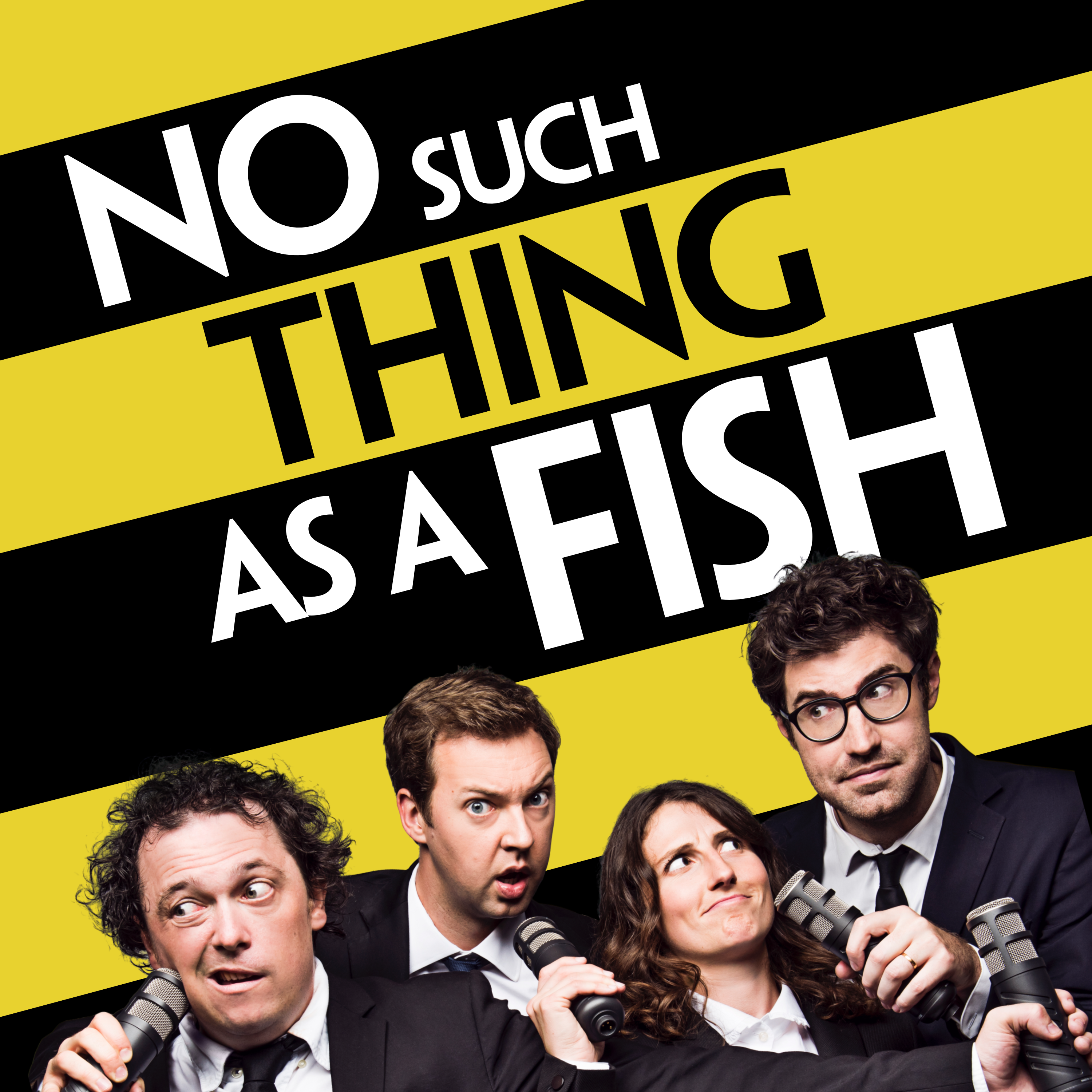
No Such Thing As A Fish
No Such Thing As A Fish
We Can Be Weirdos
Global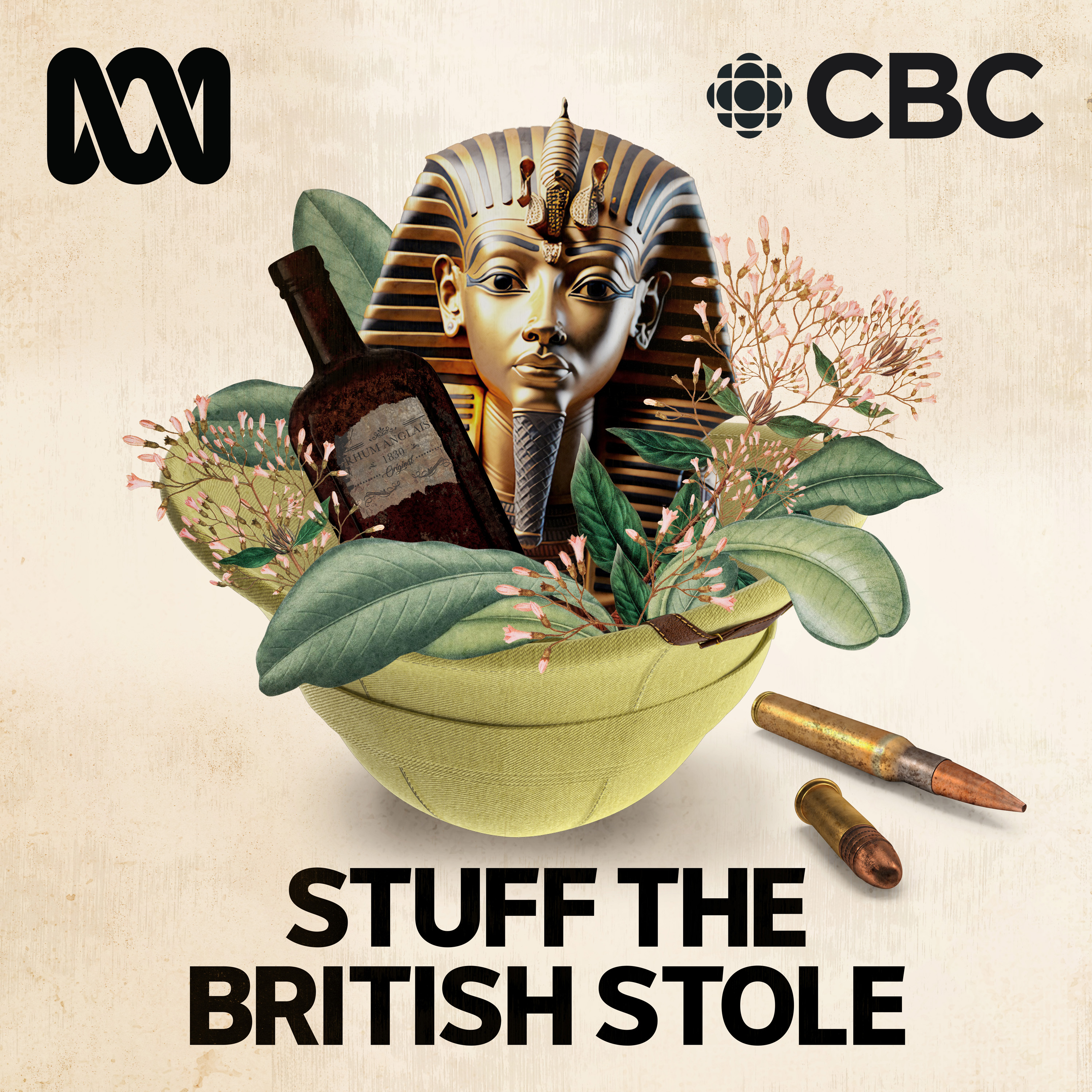
Stuff The British Stole
ABC and CBC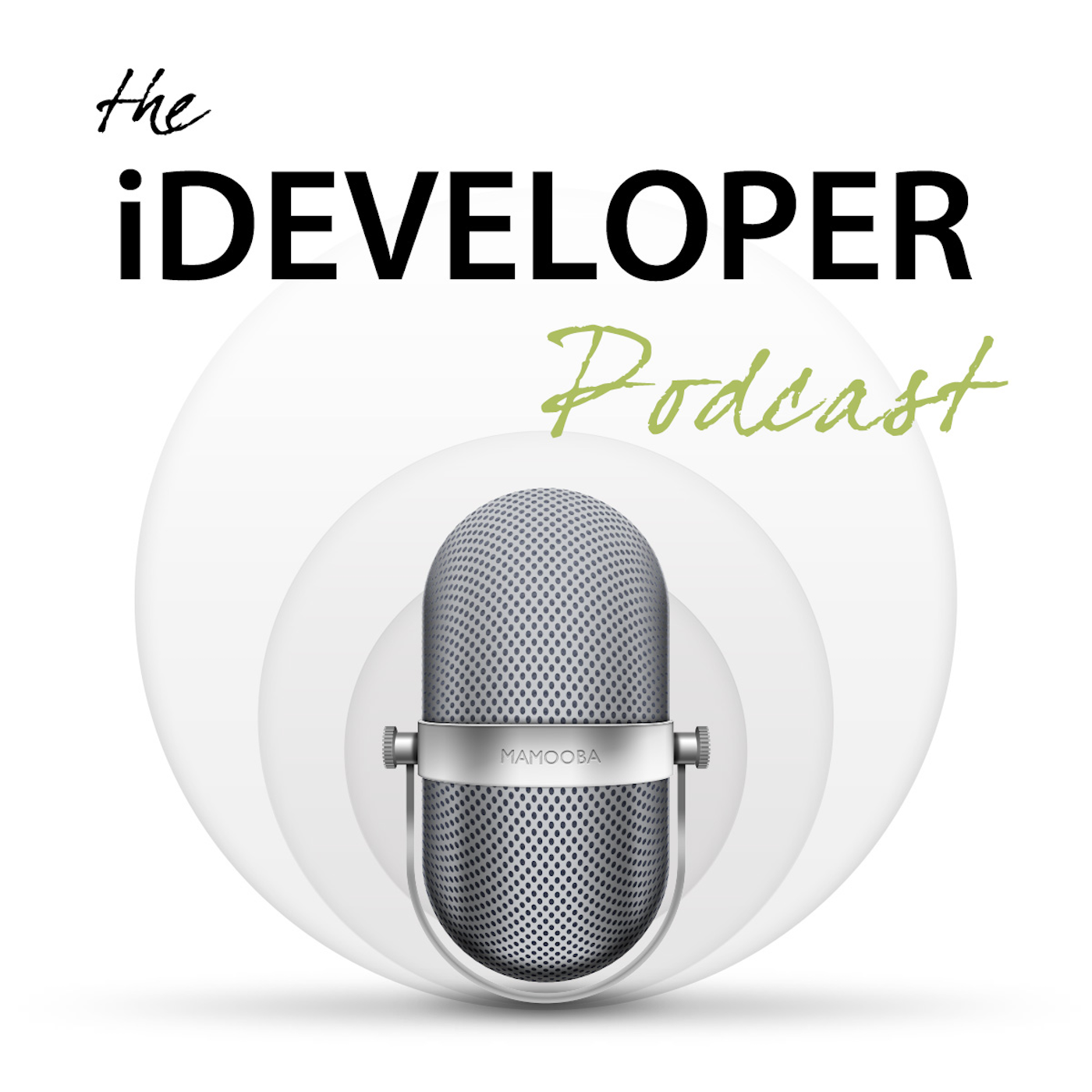
The iDeveloper Podcast
Steve Scott (Scotty) & John FoxRaven On: A Pop Culture Podcast
Natalie Bochenski & Stuart Layt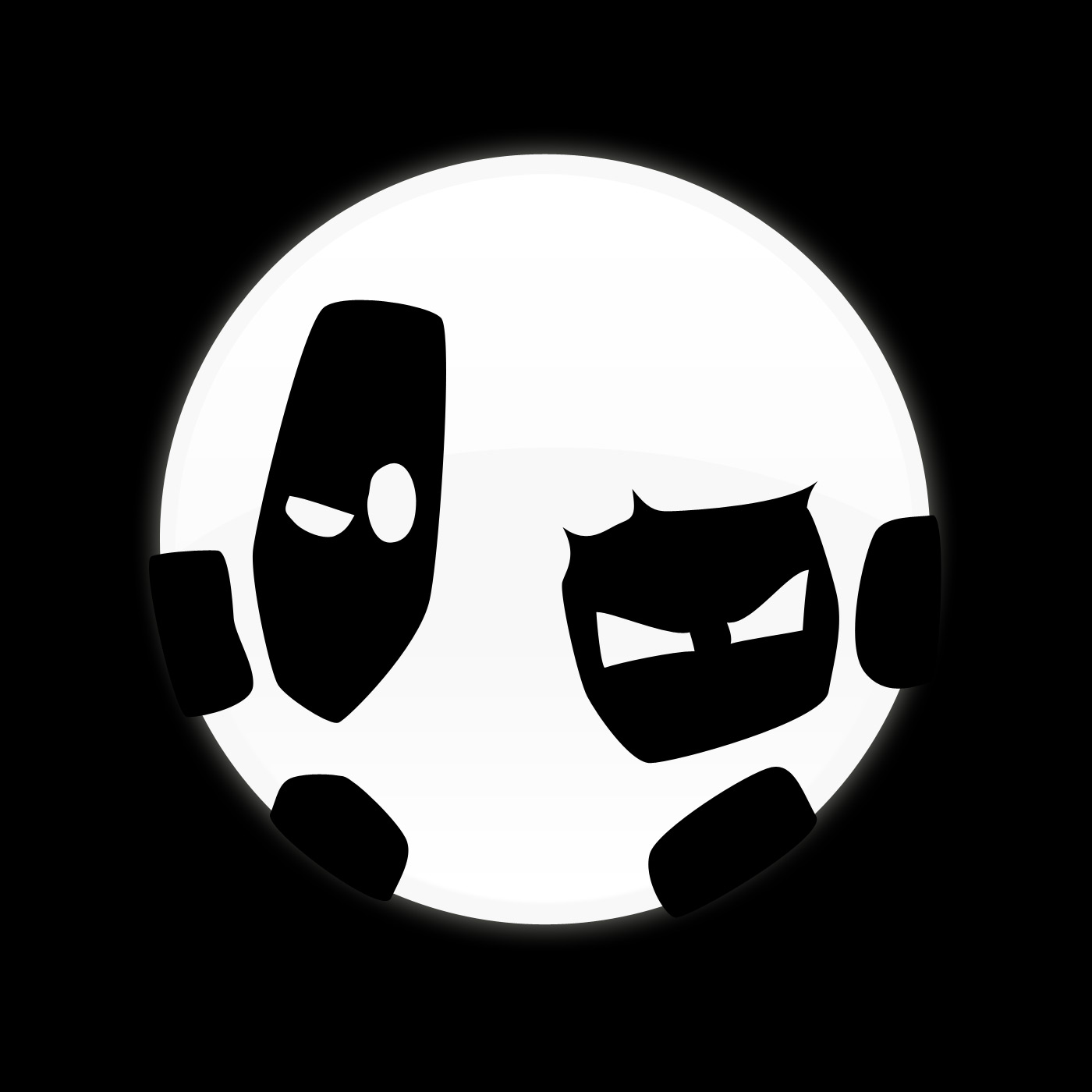
Smart Enough to Know Better
Dan Beeston & Greg Wah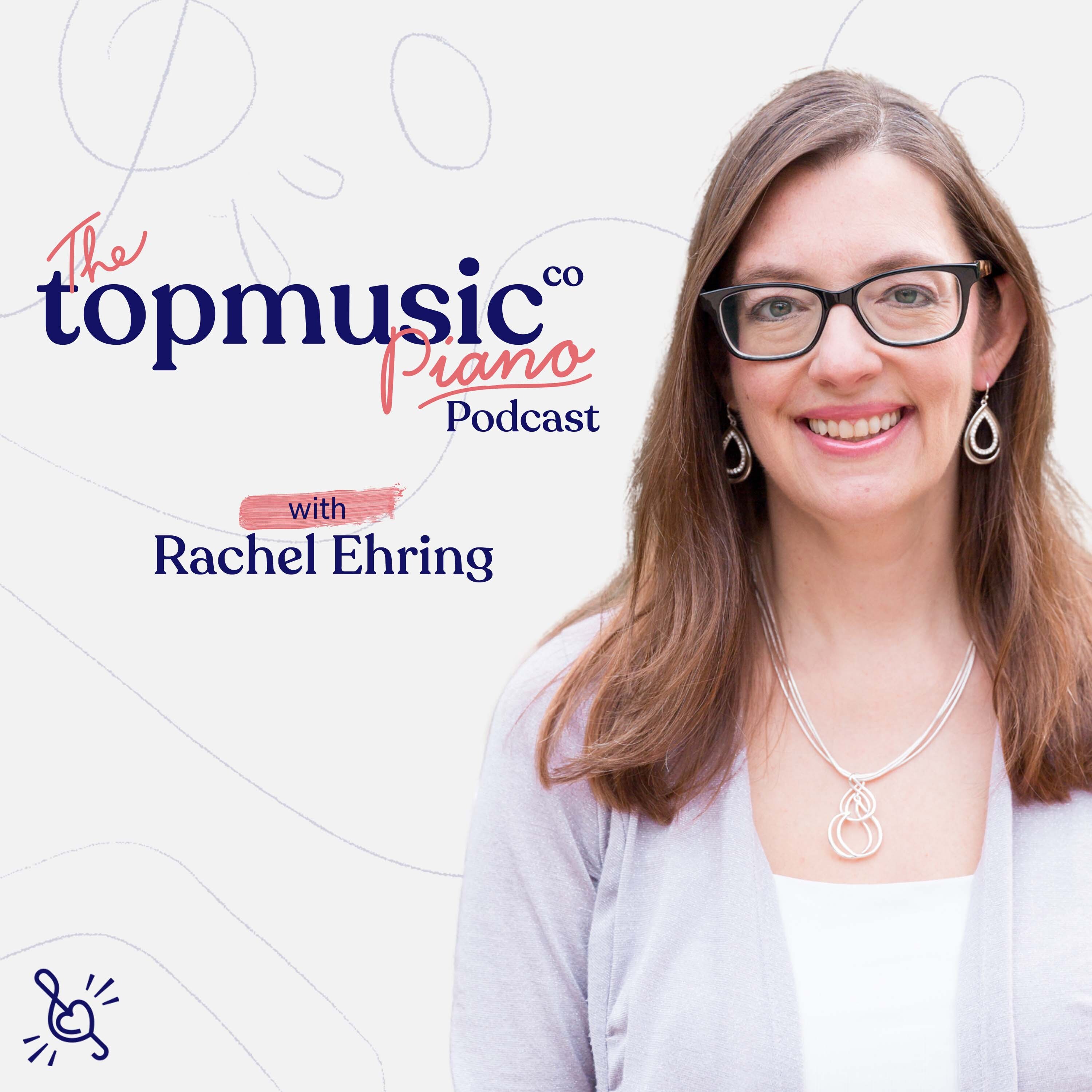
TopMusic Piano Podcast
Tim Topham
The Chopin Podcast
Garrick Ohlsson and Ben Laude
